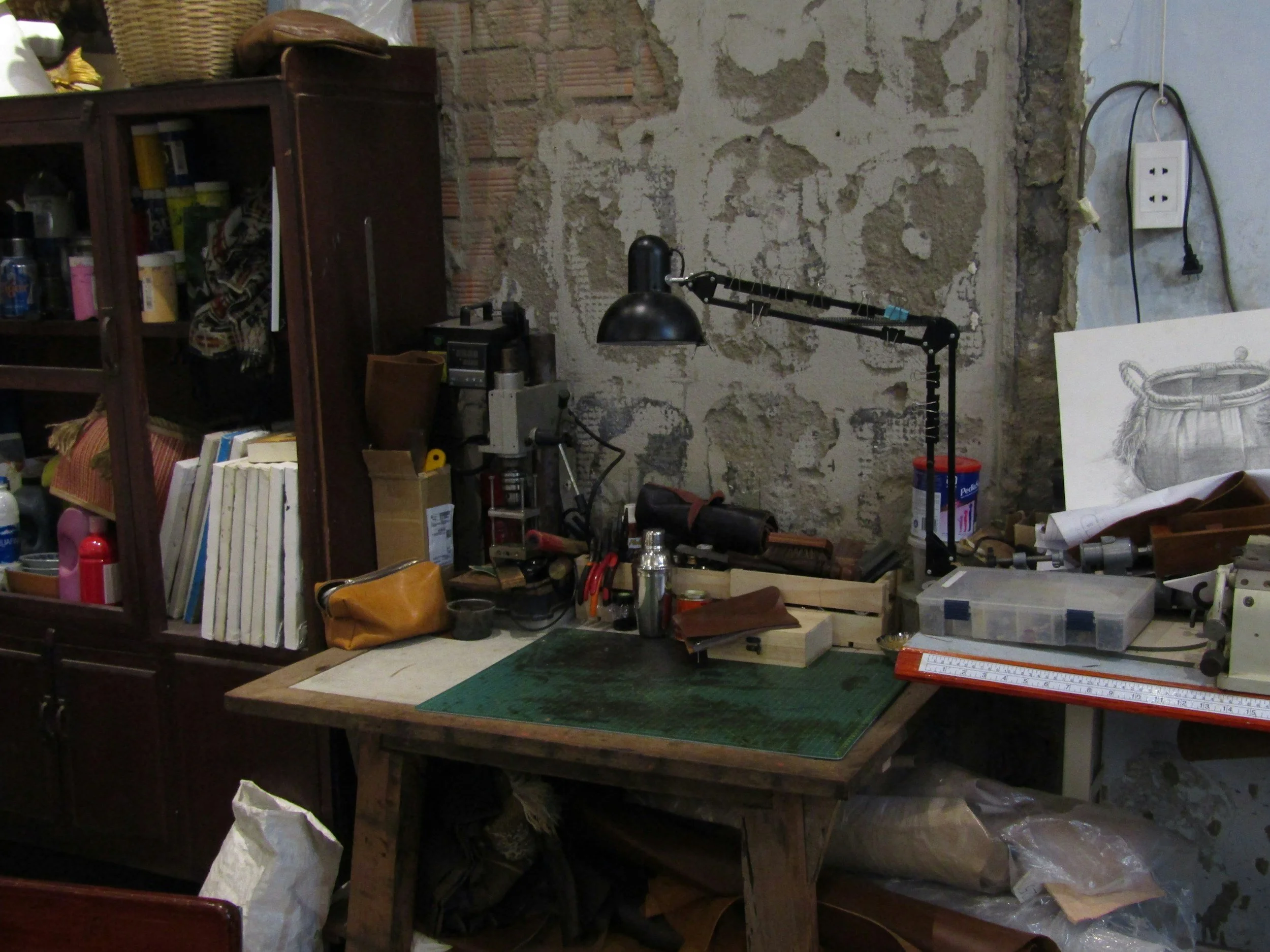Artist Advisory - Part 1 - Separation
You are an artist. Yet, the journey from simply being an artist to embracing the role of a professional is a distinct transformation - one many underestimate, but it fundamentally shapes your daily life and outlook.
The question of whether artistry is innate or nurtured is endlessly fascinating. Is it an essential part of your identity, or does it develop through experience and encouragement? Some might argue we are all artists, but the difference lies in how one’s mind, body, and hand-eye coordination bring internal visions to life. Perhaps you had a mentor inspiring your creative growth, or maybe creativity is simply your way to soothe and express your spirit. Exploring these perspectives can be valuable, and delving into the literature on the compulsions and psychology of creativity is time well spent. Understanding what drives you to create can help you navigate the inevitable tension between inspiration and commercial demands - such as recreating artwork for a client, a process few artists genuinely find satisfying.
For those of us on the outside, unable to conjure art from imagination, the creative process appears nothing short of magical. Professional artists see the world differently, often making sense of ideas and emotions in ways that feel inaccessible to others. While that mystery need not be unraveled here, it’s worth acknowledging. For now, let’s simply agree: to create is to possess a unique kind of magic.
However, being a professional artist is a completely different state of being. A lack of recognition of this difference is always an issue. It is essential to address the distinction between being an artist and engaging in an art business. One is fundamentally about identity - who you are - whilst the other is about vocation, whether that’s pursued part-time or full-time. Although this distinction might seem self-evident, many emerging artists benefit greatly from coaching on this topic. Confusing the two can lead to significant challenges as your career develops. In fact, the need for this clarity extends beyond those just starting out; artists at any stage may struggle to compartmentalize personal creativity from professional practice. Most importantly, it supports your mental well-being and helps maintain healthy distance from external criticism.
Beyond these psychological benefits, there are two main practical reasons why this separation matters, which we will outline below.
Protecting Your Artistic Identity: The decisions you make as an artist are rarely the same as those required for your art business. In fact, these choices often become easier when you are able to step outside your role as the ‘Artist’. For example, imagine spending countless hours on a piece, only to have a buyer request a different frame. Such feedback can feel deeply personal - even hurtful to an Artist. However, once a piece is offered for sale, it should become a product of your business rather where the client is always right. While this shift can be challenging (and sometimes impossible with particularly meaningful works), learning to view your art through this lens can support both your commercial success and your overall happiness.
Making commercial decisions whilst producing a new work is never wise. If your primary focus becomes producing work for market approval, you risk reducing your creative identity to that of a commodity producer - a mindset that rarely yields your best or most innovative pieces. Continually second-guessing whether others will like what you are creating interrupts the natural flow required for to create new themes. Instead, allow yourself the freedom to create without anticipating the commercial response; this is where your most outstanding work will emerge. And we all know, you need to be in the creative space, to feed your brain the input it needs.
We strongly encourage you to carve out dedicated time for your business activities and separate space for your artistic practice. Avoid trying to juggle both roles simultaneously - they require distinct mindsets and approaches, and attempting to blend them rarely yields the best results.
Hopefully, these insights have helped.
Best,
Flo Horswell and the Harvey Horswell Team.
Never the Twain Shall Meet
‘Separate the artist and the business. It’s simple but hard and something you will work on your whole career. Doing this makes both work better and most importantly protects your mental health in many ways.’

